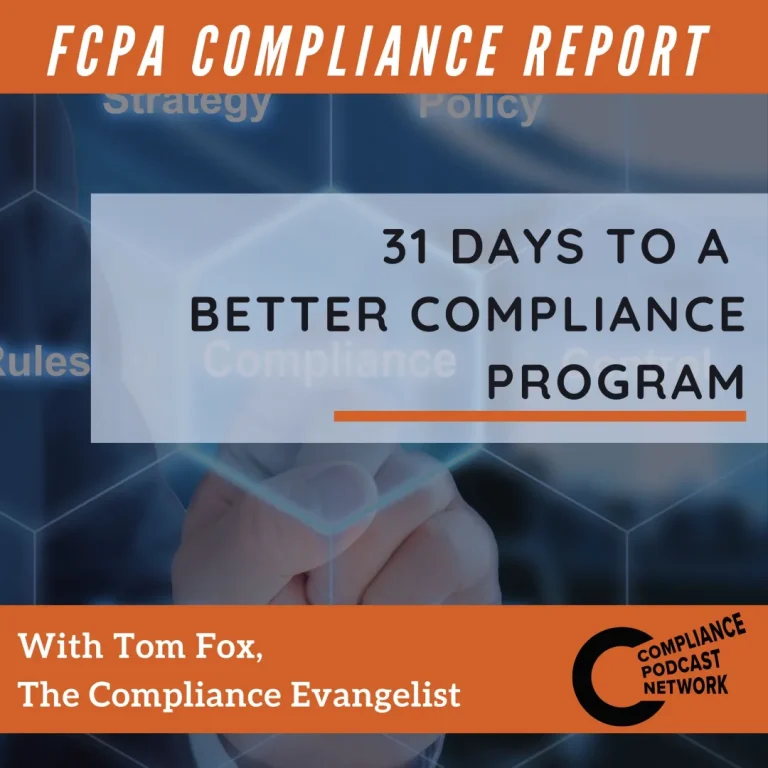What is the role of a Board of Directors in hiring senior executives, CCOs, and even other board members? I explored this issue with Candice Tal, who began by noting, that bad senior executive hires can cost a company much more than simply dollars. She related, the “financial costs in day-to-day operations easily can quadruple that of a regular employee, but it can also impact the company’s corporate governance and board of directors if that executive hire was found to be involved with unethical and illegal activities. Not even a signed contract can protect a company if an executive hire’s unethical actions come to the attention of the national media. Fiduciary risk and exposure for the board of directors cannot be overlooked.”
She pointed to the example of Yahoo! and its hire of Scott Thompson. It turned out that Thompson had incorrect information in his online biography regarding his academic credentials. The “implications went beyond the activist shareholder accusations to reflect on the Board of Directors for not vetting his background more carefully. The company may have been exposed to claims of providing false information to the SEC and potential stockholder lawsuits. Thompson’s 120-day tenure at Yahoo! cost the company over $7 million and seriously tarnished the company’s reputation in the business community.”
The key is that a company engages in an executive due diligence investigation rather than simply a routine or even executive-level background investigation. Tal explained that an executive background search is “typically limited to a five-component review of criminal records, employment verification, degree or education verification, social security validation, address verification and sometimes credit history.” Such searches are “very limited searches.”
Conversely, executive due diligence, “looks in-depth at all available public records sources: criminal history, civil litigation issues, financial and legal issues, relationships with other companies and board advisory positions, reputation, misrepresented education and overstated work history, behavioral history (for example litigiousness), and, in particular, undisclosed or adverse issues.” While it is generally “more costly than executive background checks and takes more time, the information gathered is extremely valuable and can save a company substantially more. A high-quality due diligence review can find important information which would not be returned in a routine executive background check.”
Infortal has found that up to 20% of executive search candidates fail a deep-level due diligence investigation. Now consider how many senior executive slots your company has and add to that Board of Directors seats and you can quickly see the risk of failure to consider an executive due diligence search when promoting or hiring. Moreover, you need executive-level due diligence in other business situations as well, including the senior management of new business acquisitions brought into your organization through a merger or other acquisition, selecting new Board members, screening the corporate Board of Directors, and of course, for third party business partners and other agents in the sales and supply chain channels.
Three key takeaways:
- The costs of a bad executive hire can far exceed the dollar loss.
- Do not forget the differences between an executive background check and executive level due diligence.
- 20% of all senior executives fail an executive level due diligence check.
For more information, check out The Compliance Handbook, 4th edition, available here.



